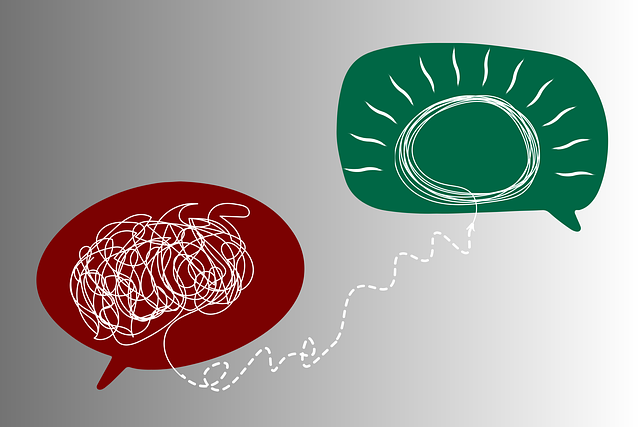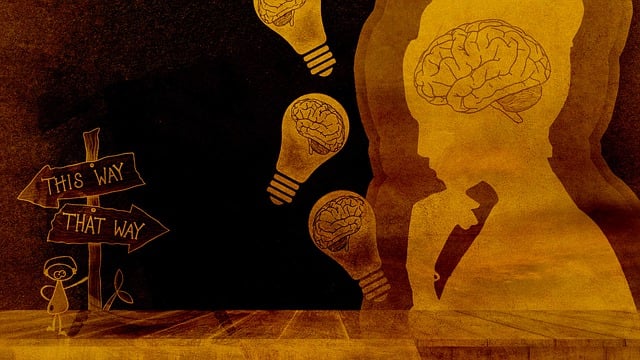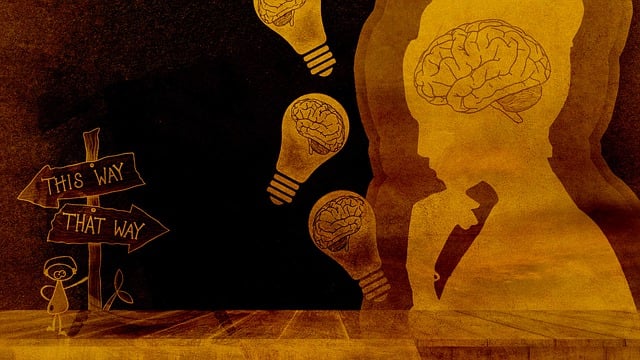In today's digital era, early intervention through holistic mental health education, like Littleton Abuse Survivors Therapy (LAST), is crucial to combat youth anxiety and depression. Integrating evidence-based practices into schools promotes resilience, teaches coping mechanisms, and reduces stigma. Customized programs, with interactive activities and empathy building strategies, create safe spaces for trauma survivors to heal. Continuous improvement through evaluations ensures dynamic, effective programs that address emerging mental health research and participant needs.
Mental health education is a vital component of overall well-being, especially in schools and communities. This article explores the design of comprehensive programs aimed at addressing mental health issues. We delve into the critical need for such initiatives, highlighting their potential to heal and prevent challenges. By examining evidence-based strategies and incorporating innovative approaches like Littleton Abuse Survivors Therapy (LAST) techniques, we can create effective programs tailored to diverse populations. Through safe space creation, impact measurement, and continuous improvement, these efforts ensure lasting positive change.
- Understanding the Need for Mental Health Education: A Focus on Healing and Prevention in Schools and Communities
- Designing an Effective Program: Evidence-Based Strategies, Customization, and Incorporating Littleton Abuse Survivors Therapy (LAST) Techniques
- Implementation and Evaluation: Creating Safe Spaces, Measuring Impact, and Continuous Improvement
Understanding the Need for Mental Health Education: A Focus on Healing and Prevention in Schools and Communities

In today’s fast-paced world, mental health education is no longer a luxury but an imperative. The need for comprehensive programs that address emotional well-being in schools and communities has become increasingly apparent, especially as we grapple with rising rates of anxiety, depression, and other mental health challenges among youth. Programs like Littleton Abuse Survivors Therapy (LAST) underscore the critical importance of early intervention and prevention strategies. By integrating emotional well-being promotion techniques into the educational curriculum, we can foster a culture of resilience and support, equipping students with the tools to navigate life’s stressors and build healthy coping mechanisms.
Compassion cultivation practices and mindfulness meditation have emerged as powerful components in mental health education. These evidence-based methods not only promote individual healing but also contribute to creating safer, more supportive learning environments. By teaching students to be mindful of their emotions and cultivate compassion towards themselves and others, we can foster a sense of belonging and reduce stigma associated with seeking help. This holistic approach to mental health education is transformative, aiming to prevent issues before they arise and provide effective healing strategies for those who have faced trauma or are struggling with their mental well-being.
Designing an Effective Program: Evidence-Based Strategies, Customization, and Incorporating Littleton Abuse Survivors Therapy (LAST) Techniques

Designing an effective mental health education program involves integrating evidence-based strategies tailored to the target audience’s unique needs. For instance, incorporating Littleton Abuse Survivors Therapy (LAST) techniques can be transformative, especially for individuals who have experienced trauma. LAST focuses on building resilience and healthy coping mechanisms, making it a valuable tool in promoting mental well-being.
Customization is key to program success. Considering the diverse backgrounds and experiences of participants, educators should adapt content and delivery methods accordingly. Incorporating interactive activities, group discussions, and role-playing exercises fosters engagement and enables deeper understanding of concepts like mood management and burnout prevention strategies for healthcare providers. Additionally, emphasizing empathy building strategies can create a supportive learning environment, nurturing connections among participants and facilitators alike.
Implementation and Evaluation: Creating Safe Spaces, Measuring Impact, and Continuous Improvement

Implementing a mental health education program requires careful consideration of creating safe and supportive environments for participants to share their experiences openly. This involves establishing trust through structured yet flexible curricula that cater to diverse needs, mirroring the principles behind Littleton Abuse Survivors Therapy (LAST). Evaluating the impact of such programs is essential for continuous improvement. Utilizing qualitative and quantitative methods, including pre- and post-program assessments, feedback forms, and interviews, allows for a comprehensive understanding of participants’ emotional healing processes.
By measuring changes in mental health status, knowledge, attitudes, and skills acquired, organizers can gauge the program’s effectiveness and identify areas needing enhancement. This iterative process ensures that Mental Health Education Programs Design remain dynamic and responsive to emerging research on mental health awareness. Incorporating participant feedback into future iterations fosters a more inclusive environment, ultimately maximizing the benefits of these initiatives for those seeking emotional healing.
Mental health education programs are a powerful tool for fostering resilience and well-being in schools and communities. By incorporating evidence-based strategies, customizing content to meet specific needs, and integrating innovative techniques like Littleton Abuse Survivors Therapy (LAST), we can create safe spaces that support healing and prevent mental health issues. Continuous evaluation and improvement ensure these programs remain effective and tailored to the evolving needs of students and communities. This holistic approach is crucial in promoting a healthier, more supportive environment for all.














